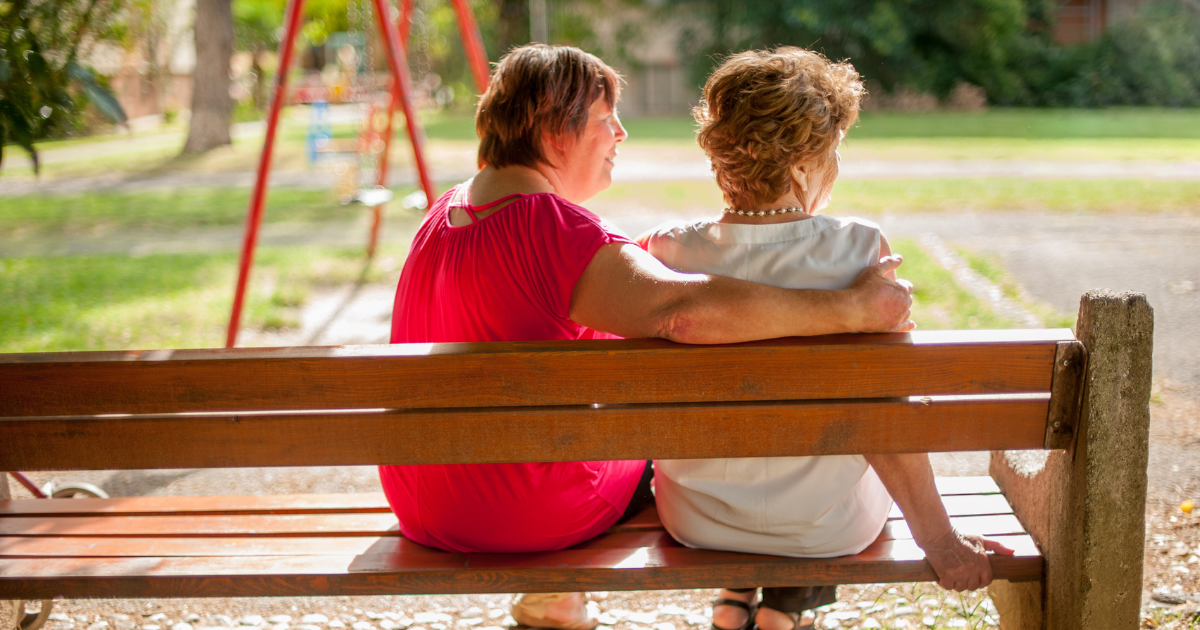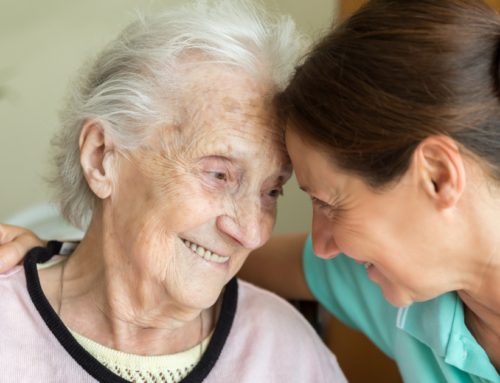Some professions require a lot more knowledge than they do skills. Others are the opposite – they require more skill than knowledge. A caregiver is unique in that the person requires equal parts of skills and knowledge, meaning it takes a special kind of person to be a caregiver.
Knowledge
You might initially think all that’s required to be a caregiver is a strong back and a little patience. Indeed, both of those are often needed, but it also takes a sharp mind.
Cognitive Stimulation
For example, seniors need cognitive stimulation. The saying “Use it or lose it” is true when it comes to our brains. But, unfortunately, as a senior gets older, they’re often challenged less mentally than when they were working or raising a family. Thus, it often falls on the caregiver’s shoulders to stimulate them mentally – which is where the caregiver’s knowledge comes in.
Empathy
A thoughtful caregiver is attuned to their client’s mental state and needs. They can tell when their client is unengaged mentally by talking with them and observing them. When the caregiver sees this, they’re able to gently nudge their senior to get active cognitively and play a board game, do a crossword puzzle, or just engage in some thoughtful discussion.
Problem-Solving
Another example of caregiver knowledge being important is in the area of problem-solving. During the day, older patients with memory issues often have difficulty performing routine daily tasks, like getting dressed or remembering it’s time to take their medication. Caregivers must be aware when this occurs and know how to tactfully jump in and help their client button a shirt or take the right meds at the right time of day.
Skills
In addition to having a sharp mind and being knowledgeable, caregivers have to be skilled in many areas. To name a few:
Communication skills
Anybody can talk to someone, but it takes someone who can communicate well with others to be a great caregiver. Communication does involve being verbally skilled, but even more so, it takes is a great listener. Older patients sometimes have trouble putting their thoughts into words, which makes it essential that a caregiver listen carefully and, when needed, help the senior put their ideas into words.
Patience
Patience is a virtue, but it’s also a skill. Caring for anyone, young or old, takes patience. Being a caregiver for a senior often requires a double dose of patience because caregivers, like everyone else, expect adults to be aware of what’s happening around them and be able to execute basic tasks. Great caregivers are self-aware and recognize when their patience is being tried, which allows them to keep their composure and address the client’s needs calmly.
Compassion
Being compassionate is a character trait, but it’s also part skill and needs to be developed. Not everyone is born with a lot of empathy, including caregivers. But being mindful of someone else’s needs – being unselfish- is something that can be developed over time by someone who has a sincere desire to put others’ needs above their own.
You Have Knowledge and Skills to Share With Aging Adults
If you’re thinking about embarking on a career as a caregiver, have confidence that you have enough knowledge and skills to take the first step on the caregiver journey. Of course, we can all develop more personally with a strong desire to do so, but keep in mind you’ll also have some excellent training and mentoring from some very good people who are more than willing to share their experience with you and help you grow.
Contact Help At Home today to learn more about what it takes to enjoy a career as a great caregiver. We’re sure you bring a lot to the table. There are many seniors in Chevy Chase, who would benefit from having a person like you in their life; let’s not keep them waiting. To learn more about our open positions, please visit us today at www.helpathomecare.com.



